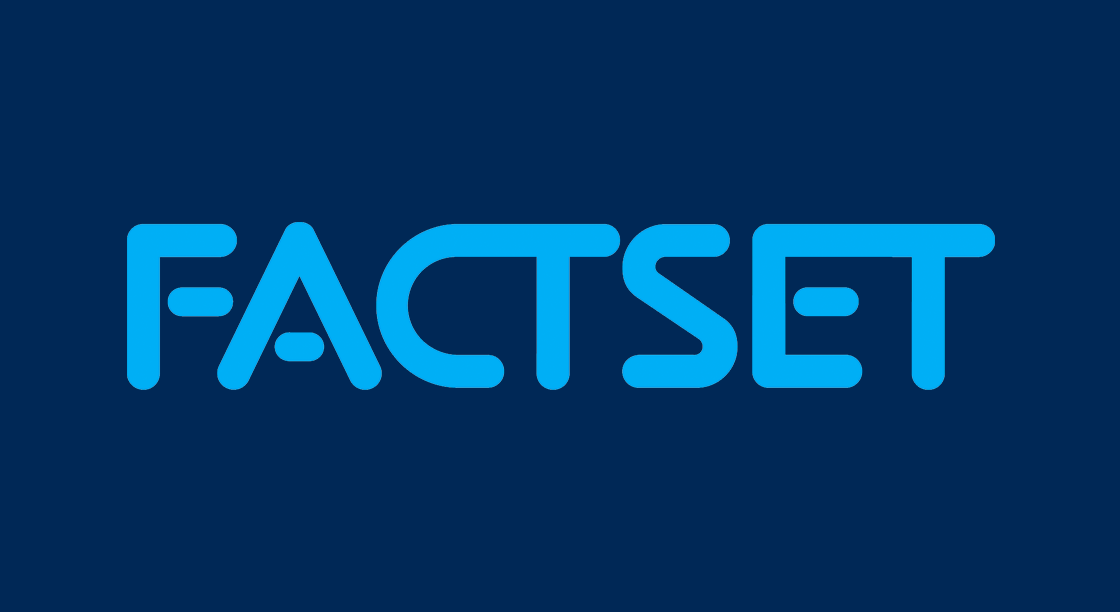
ExxonMobil and Qatar Petroleum recently announced a delay of their joint venture LNG facility, Golden Pass LNG. Exxon’s updated corporate plan, released on December 6, pushed the facility’s officially announced in-service date back from 3Q24 into 1H25. The delay comes despite apparent progress in facility construction according to recent Federal Energy Regulatory Commission (FERC) filings. Natural gas cash and forward pricing were already under pressure driven by mild weather across the U.S. Lower 48. From November 1 to November 30, Henry Hub spot pricing fell by $0.62/MMBtu while the prompt month fell by $0.79/MMBtu. The 2024 calendar strip also dropped $0.60/MMBtu over the same timeframe. The delay of Golden Pass LNG will likely place additional downward pressure on pricing in 2024 and forebodes the risks to market balance posed by LNG export uncertainty in 2025 and beyond.
Insight/2023/12.2023/12.18.2023_Energy/henry-hub-cash-and-forward-price.png?width=960&height=705&name=henry-hub-cash-and-forward-price.png)
Weakness of Henry Hub has been prolonged in 2023, but natural gas production is up to more than 106 Bcf/d in December 2023 MTD, up 5% from the same period just a year ago. Widespread hedging of NYMEX for protection against downside price risk by gas producers could continue the trend of production growth despite falling prices. From 2Q23 to 3Q23, Chesapeake Energy increased total hedged volumes between 4Q23 and 1Q25 by 13% with an average floor of $3.84/MMBtu in 2024. Coterra increased hedged volumes by 45% in October 2023 with an average floor of $2.83/MMBtu for new collars. EQT has hedged more than 40% of volumes from 1Q24 to 3Q24 at an average floor of $3.59/MMBtu.
Producers hedging NYMEX in 2024 insinuates production volumes have substantial price protection heading into the new year. Gas-directed E&Ps are thereby positioned to maintain production levels regardless of weak 2024 Henry Hub spot pricing. While most signs point to an oversupplied market in 2024, producers appear to expect incremental LNG demand in the medium term will apply upward pressure on natural gas prices in 2025 and beyond.
Insight/2023/12.2023/12.18.2023_Energy/natural-gas-demand-growth-thru-2028.png?width=960&height=720&name=natural-gas-demand-growth-thru-2028.png)
However, as seen in the chart above, 97% of natural gas demand growth is expected to come via LNG export facilities along the U.S. Gulf Coast. Natural gas demand must grow if gas-directed drilling is to grow as well. So, as the delay of Golden Pass LNG cautions, the primary source of natural gas demand growth is laden with uncertainty. Golden Pass LNG appeared ahead of schedule in a recent filing with FERC requesting authorization by November 20, 2023, to begin flowing feedgas to Train 1, presumably to start operations ahead of schedule in 1H24. The announced delay significantly impacts forecasted storage balances, and the market has responded in kind. As seen in the tables below, delaying 0.68 Bcf/d in demand from Golden Pass Train 1 pushes an incremental 130 Bcf into storage by the end of Summer 2024. Likely reflecting that impact, the Henry Hub Summer 2024 forward average fell $0.40/MMBtu over the week following the news.
Insight/2023/12.2023/12.18.2023_Energy/henry-hub-trade-dates-vs-demand-scenarios.png?width=960&height=697&name=henry-hub-trade-dates-vs-demand-scenarios.png)
Producers operating in the Haynesville and other gas-directed regions should observe the impact of the unexpected delay of Golden Pass given the uncertainty surrounding other LNG facilities. Venture Global LNG’s Plaquemines export facility requested FERC authorization for workforce increases and expanded hours of operation to meet their target in-service date of 4Q24. Though Venture Global submitted that authorization by FERC’s July 27, 2023-meeting, the company did not receive approval until the start of November. It is unclear if this will necessitate a revision of their ISD. Additionally, FERC commented in a recent field inspection report that Corpus Christi LNG’s Stage 3 expansion final ISD is “tentatively scheduled for 2027”, conflicting with Cheniere’s stated expectations of an end-of-2024 ISD.
Between these two facilities, up to 4.15 Bcf/d of incremental demand currently expected by the end of 2025 are at risk of delay. Evolving policies toward LNG export facilities by FERC and the DOE also pose a risk to facilities that are pending necessary approvals, as exemplified by the DOE’s denial of Lake Charles LNG’s non-FTA export license extension request in April 2023. If producers do not react to delays to structural demand projects, they risk exacerbating the current state of oversupply well beyond next summer and extending the weakness of Henry Hub into the future.
BTU Analytics is a FactSet Company. This article was originally published on the BTU Analytics website.
This blog post is for informational purposes only. The information contained in this blog post is not legal, tax, or investment advice. FactSet does not endorse or recommend any investments and assumes no liability for any consequence relating directly or indirectly to any action or inaction taken based on the information contained in this article.

Winter Storm Fern’s Impacts on Power Markets
This Insight looks at Winter Storm Fern's impact on U.S. grids, power markets, and prices after it hit at the end of January and...
By Nate Miller | Energy

NIPSCO Proposes Special Contract for Amazon Data Centers in Indiana
This Insight highlights an Indiana Utility Regulatory Commission docket in which Amazon and a utility are developing generation...
By Eric Yussman | Energy

PJM States Urge Action as Delays Threaten Reliability
PJM's notoriously long and unpredictable process of interconnecting to the grid has chilled new investment despite an extended...

U.S. Energy Sector Braces for Winter Storm Fern
Winter Storm Fern is expected to sweep across the U.S. over the coming weekend and could affect millions of people and much of...
By FactSet Insight | Energy
The information contained in this article is not investment advice. FactSet does not endorse or recommend any investments and assumes no liability for any consequence relating directly or indirectly to any action or inaction taken based on the information contained in this article.